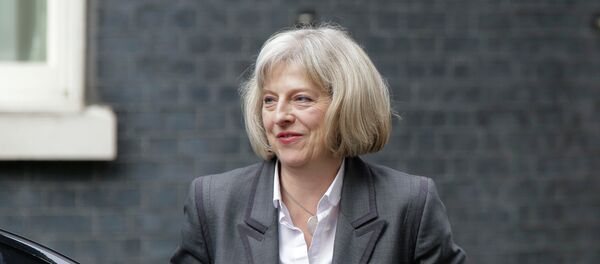MOSCOW (Sputnik) — On Monday, British Prime Minister David Cameron declared that institutionalized government surveillance would make UK citizens safer, stopping terrorists and other criminals from communicating via the Internet without being traced.
According to the terms of the bill, UK telecommunication companies and Internet service providers will be paid a fee to log customer emails, Internet use, browsing and search history and other correspondence for easy searching by security officials.
The plan would require communications companies retain the web browsing history of its customers for 12 months so that spy agencies, police or other officials can have access, according to the media.
Police have lobbied the government for wide-ranging surveillance powers, claiming that traditional methods of surveillance and investigation are less effective in light of what are viewed as sophisticated online communication technologies.
Privacy protection in the United Kingdom is a hotly debated topic following US whistleblower Edward Snowden leak of classified information in 2013, including revelations of mass surveillance of personal data by Britain's Government Communications Headquarters (GCHQ) together with the National Security Agency (NSA) of the United States.



